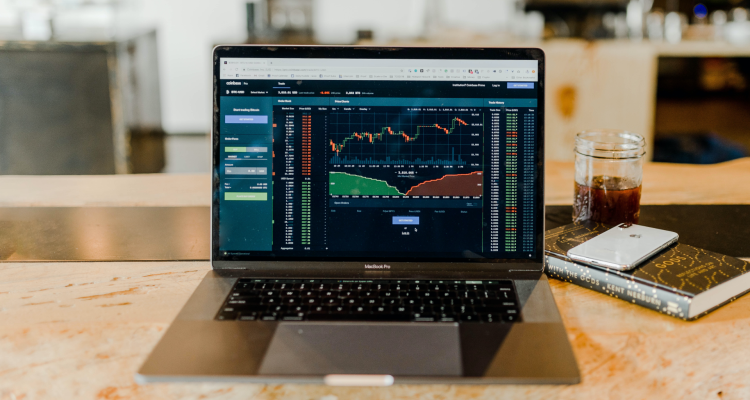The principle behind fundamental analysis is that the price of an asset is usually not accurate and it is constantly being corrected to take account of new information as it becomes available. As a result, as events occur and news items appear, investors react to those factors by buying or selling assets, which then causes the price to rise or fall.
Many fundamental analysts believe that investors don’t really understand how factors should affect prices and so they often trade in a particular way for illogical reasons. That means it’s important to be able to correctly analyze events and understand what effect they will have.
Fundamental analysis doesn’t involve any complex calculations or the interpretation of charts or tables of figures. Instead, it requires you to take in data from a variety of sources that include the media, news feeds, company announcements and various publications.
Interpreting Information
There is a huge amount of information available, possibly too much for any single person to take in. However, you need to be aware of as much as possible, separating what’s relevant from anything that’s not, so you don’t miss something that’s really important. You need to be alert and organized so you can identify everything that’s likely to affect an asset’s price.
Focus on the events that you can reasonably expect to impact on the assets you’re interested in trading. However, don’t focus too narrowly because an event can affect different assets in ways that are totally opposite. Bad economic news, for example, can drive down share prices and most commodity values but increase the price of gold and other precious metals as people look for a safe haven for their money. Similarly, a product breakthrough for one company can increase its share price but can result in falling values for its rivals who will suffer from the added competition.
The data you analyze and the sources of information you use will depend on the types of assets you trade. If you have any doubts, it’s best to look at too much data rather than too little so that at least you don’t miss anything that’s vital.
Nature
The price of everything is affected by the law of supply and demand so anything that reduces supply or increases demand will tend to drive up prices. Prices will fall should supply increase to meet or exceed demand and typical events that affect supply and demand include the weather and natural disasters. If you see a weather forecast of a hurricane heading towards an oil production area, expect supplies to be hit and the price of oil to rise. Similarly, droughts and floods reduce crop production and force up prices.
You also need to be aware that events can have a more far-reaching effect than is immediately apparent. A commodity shortage will not only force up its price but also the share price of a company that is a major supplier and the exchange rate of a country that exports it. On the other hand, companies that use a lot of the commodity will see their costs increase with profits adversely affected and the share price may fall as a result.
Economy
If a country’s economy is performing well, exports will be good, tax revenues will be high and the currency will tend to rise in value against those of countries that are less successful. This will also have a positive effect on the share prices of its main companies. Countries that perform poorly will suffer budget deficits and falling currency values. The latter will make imports more expensive but exports more attractive, affecting share prices differently depending on the companies’ main activities. Countries may increase interest rates to counter inflationary pressures, making their currency more attractive and causing the exchange rate to rise. All these factors need to be borne in mind when you’re trading assets.
Industries and Markets
A company’s performance is to some degree tied in with the industry it is in and the prevailing market conditions. A successful company will still suffer an adverse affect on its share price if the industry is in decline or the market is struggling Totobet SGP. In the long term, it won’t beat the overall trend and will be affected by general sentiment. Conversely, a struggling company can perform better than it deserves to do if the market is buoyant and it’s in an industry that is experiencing an upswing.
Indicator Types
Certain published indicators affect prices but may do so in different ways depending on their type:
- leading indicators, such as stock market returns, change before the economy as a whole does
- lagged indicators, including the employment rate, follow on some time after the economy changes direction
- coincident indicators, like Gross Domestic Product, move in line with the economy as a whole.
It’s important to watch events as they occur, interpret what affect they have on prices and make your binary options trades accordingly.
